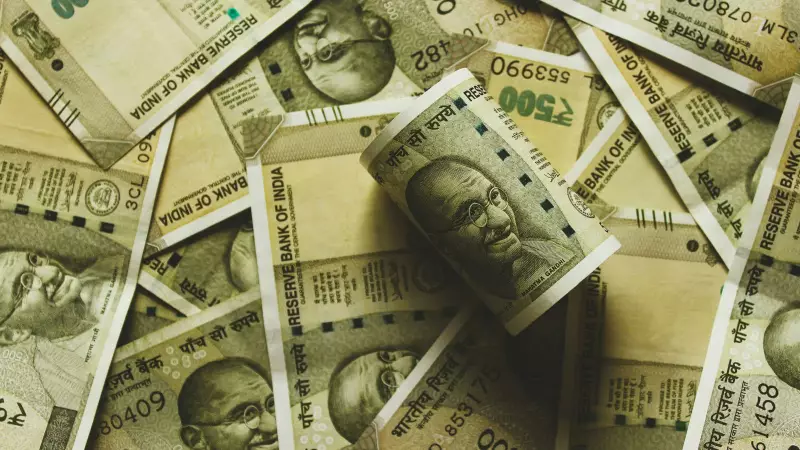
Every day, across countless government offices in India, dreams meet their silent killer - the corrupt desk. This isn't about high-profile scandals or political drama, but the grinding, everyday corruption that ordinary citizens face when seeking basic services, licenses, or documentation.
The Invisible Barrier to Progress
Imagine a young entrepreneur trying to start a business, a student seeking educational certificates, or a family attempting to secure property documents. Their journeys inevitably lead to government offices where progress depends not on merit, but on willingness to pay bribes. This systemic corruption has become the invisible barrier separating Indians from their aspirations.
How Corruption Manifests in Daily Life
The corruption epidemic takes various forms:
- Speed money to expedite basic services that should be provided routinely
- Artificial delays created to extract payments for normal processing
- Unnecessary documentation requirements used as leverage for bribes
- Deliberate confusion in procedures to maintain dependency on middlemen
The Psychological Toll on Citizens
Beyond financial costs, this system inflicts deep psychological wounds. The constant humiliation, the feeling of powerlessness, and the normalization of corruption create a culture where citizens learn to expect exploitation rather than efficient service. This erosion of trust in institutions has long-term consequences for national development.
Economic Impact: The Hidden Cost
The economic ramifications are staggering. Delayed projects, discouraged entrepreneurship, and misallocated resources collectively hamper India's growth trajectory. When citizens spend excessive time and money navigating corrupt systems, the nation loses precious productive capacity that could otherwise fuel development.
Digital Solutions: A Ray of Hope
Recent digital initiatives have shown promise in reducing face-to-face corruption. Online applications, digital payments, and automated processes have minimized opportunities for bribe-seeking in several sectors. However, the transition remains incomplete, and new forms of digital corruption are emerging.
The Path Forward: Systemic Reform Needed
Addressing this deep-rooted issue requires multi-pronged approach:
- Transparency measures in all government processes
- Strict accountability for officials at all levels
- Citizen empowerment through better grievance redressal mechanisms
- Technology integration to reduce human intervention points
- Cultural shift toward zero tolerance for corruption
Until India tackles this grassroots corruption epidemic, the nation's dream of becoming a developed country will remain just that - a dream deferred by countless corrupt desks across the bureaucracy.





